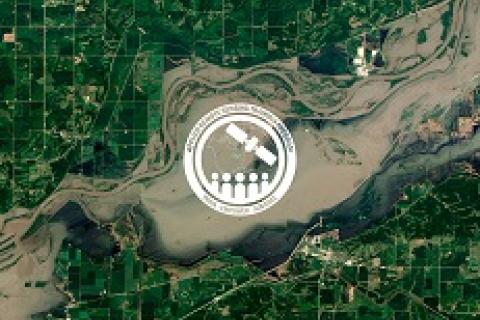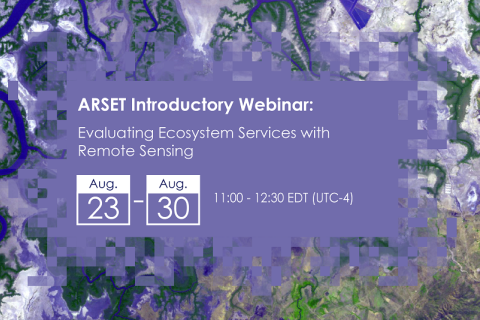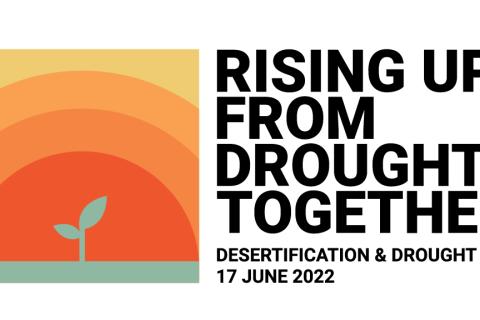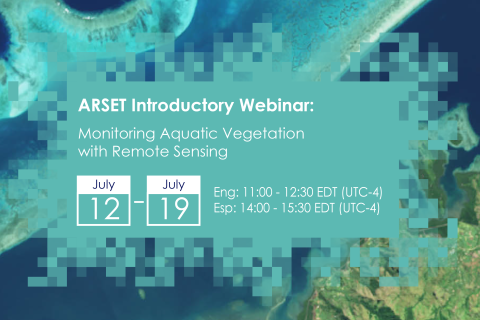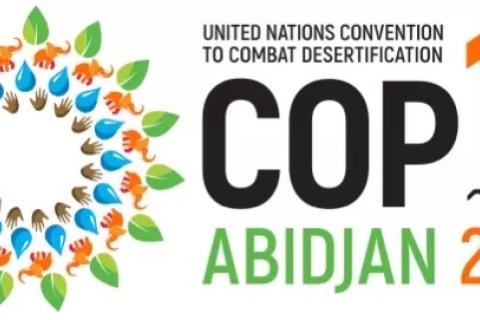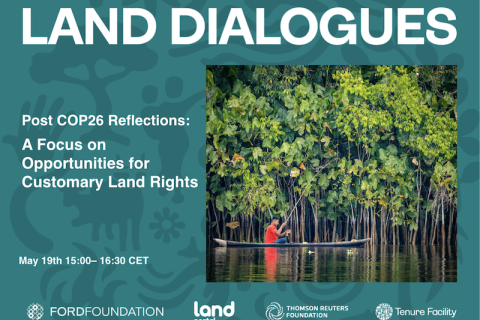Selecting Climate Change Projection Sets for Mitigation, Adaptation, and Risk Management Applications
This two-part webinar series will provide an overview of resources for choosing climate projection sets for mitigation, adaptation, and risk management applications.


